What Makes a Medication Adherence Program Work?
In healthcare, adherence is often discussed as a number: fill rates, PDC, or persistence curves. But behind every number is a person balancing emotions, information, and life’s daily demands. That’s why a successful medication adherence program needs to be more than reminders or refills. It needs to connect with patients as humans.
Beyond Reminders: Understanding Why Patients Struggle
At Pleio, we’ve learned that the barriers to adherence aren’t always practical, they’re often emotional. Through our national study “Loneliness and Health Behaviors: A Missing Link in Chronic Care,” we found that 74% of patients report loneliness negatively affects their physical health. Furthermore, 52% said loneliness interfered with taking medications as prescribed, which increases to a staggering 70% among patients taking specialty medications.
These findings reveal that medication challenges stem not just from complexity, but from isolation, uncertainty, and fear. The most effective medication adherence programs need to uncover those emotional drivers.
Human Connection + Data Intelligence = Conversational Intelligence
Pleio’s model combines empathetic human support with intelligent analytics. Our peer-to-patient approach allows trained mentors to listen between the lines, identifying hidden barriers like fear of self-injection, misunderstanding of instructions, or mistrust in the system.
Meanwhile, our AI-powered analytics engine, OLLIE™, analyzes conversations at scale to surface themes, emotions, and friction points that influence adherence across conditions and demographics.
Together, human understanding and data-driven insight transform support from transactional (“Did you take your medication?”) to transformational (“What’s making it hard for you today?”), creating more informative, compassionate conversations that uncover what patients truly need.
Why Emotional Insight Drives Better Outcomes
When patients feel heard and supported, adherence improves naturally. Pleio’s programs consistently deliver:
- 50%+ engagement rates
- Average talk time of 6.5 minutes per call
- +0.9 Rx lift at 365 days
- Sustained improvement in confidence and motivation
By revealing the emotional context behind behavior, a medication adherence program can move beyond compliance and help patients truly commit to their care.
The Future of Medication Adherence Programs
Tomorrow’s adherence programs won’t rely on one-size-fits-all scripts or impersonal tech. They’ll be dynamic ecosystems where human empathy meets intelligent design—where data continuously informs how, when, and why to connect.
At Pleio, we believe the future of adherence starts with kindness and ends with confidence. Because when patients feel supported, they don’t just take their medication, they take back control of their health.
